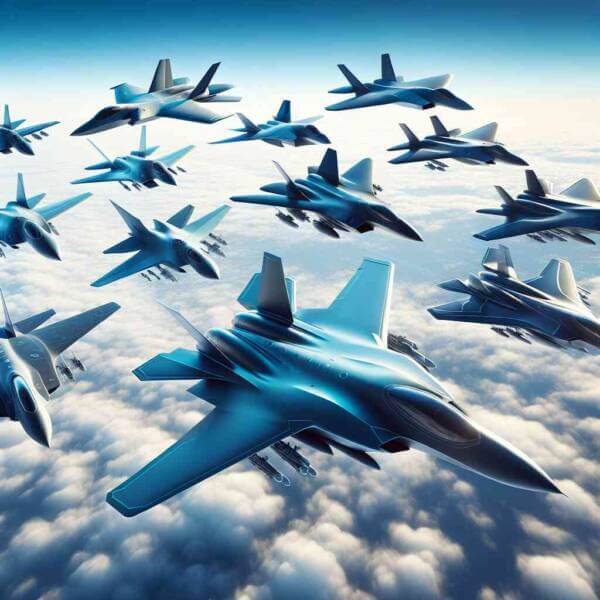
Military aviation is a critical pillar of modern defense strategies around the world.
Nations invest heavily in military aviation to protect national interests.
The Evolution of Military Aviation
Military aviation started during World War I, with aircraft initially used for observation.
Major milestones in military aviation history include:
- Development of air combat tactics
- Creation of long-range bombers and jets
- Rapid development of jet technology
- Modern drone warfare
Each era brought more powerful aircraft that expanded aerial warfare.
Types of Military Aircraft
Military aviation includes a variety of aircraft, each designed for unique purposes.
Major aircraft classifications:
- Fighter jets
- Bombers
- Transport aircraft
- Reconnaissance and surveillance drones
Each type plays a vital role in military operations, from securing airspace.
Importance of Air Superiority
Controlling the skies gives forces the advantage.
Benefits of air superiority include:
- Protecting ground forces
- Disrupting enemy supply lines
- Early warning and real-time data
- Psychological impact on enemy forces
Nations with strong military aviation capabilities can defend their interests more effectively.
Advancements Shaping the Future
Military aviation is at the forefront of engineering breakthroughs.
Future technologies in military aviation:
- Aircraft designed to evade radar detection
- Missiles and aircraft traveling at speeds greater than Mach 5
- Autonomous drones
- Laser and electromagnetic systems
These advancements increase survivability for air forces worldwide.
Risks and Limitations
From high costs to geopolitical tensions, the road to air dominance is never simple.
Major obstacles to overcome:
- Rising development and maintenance costs
- Need for constant upgrades
- get more info Cybersecurity threats
- Questions about accountability and control
Addressing these challenges is essential for maintaining air power.
Where Military Aviation is Heading
Nations will continue investing in space-based systems to maintain strategic advantages.
Expected advancements:
- Autonomous mission planning
- Space as the next battlefield
- Developing sustainable aviation technology
- Collaborations across allied air forces
The next era of military aviation will redefine defense.
Conclusion
Its history, present achievements, and future possibilities showcase technological excellence.
As technology continues to evolve, the skies will remain a frontline of innovation where military aviation shapes the world order.
The future of military aviation is limitless — and it’s only just beginning.
Comments on “Introduction to Military Aviation”